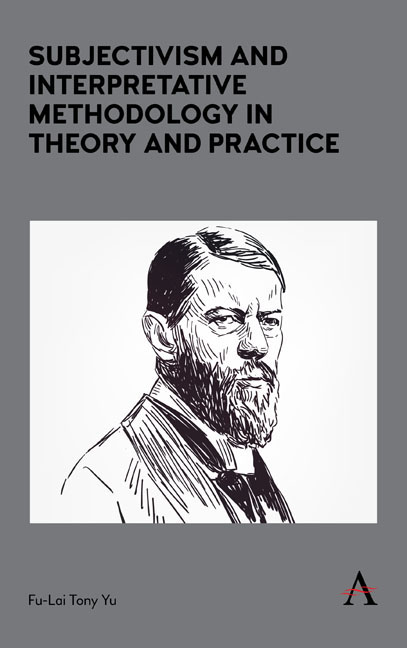4 - Two Perspectives of Time in Economics: The Orthodox Neoclassical School (Newtonian) versus the Austrian School (Bergsonian)
Published online by Cambridge University Press: 28 February 2020
Summary
Abstract. This chapter discusses the treatment of time in economic analysis. It has two objectives. Firstly, it compares the concepts of time in two economic paradigms, the neoclassical and the Austrian School. Secondly, it traces the development of the concept of subjective time from Carl Menger to contemporary scholars in the Austrian School of Economics. The neoclassical school uses the Newtonian concept in which time is homogeneous, mathematically discontinuous and causal inertia, while Austrian economists adopt Henri Bergson's concept of time, where time is subjective and continuous, meaning that events are linked with each other. The notion of subjective time implies that an individual's decision will influence the future, a result which is unpredictable. Illustrations on the usefulness of the subjective time in understanding human action and economic phenomena are given. This chapter concludes that it is more fruitful to use the Bergsonian time than Newtonian time in economic research.
Time in Mainstream Neoclassical Economic Paradigm
There are two kinds of sciences: natural sciences (such as physics, chemistry, biology, etc.) and social sciences (economics, psychology, politics, sociology, etc.). Since Sir Isaac Newton's “experimental method of reasoning” has been extremely successful in dealing with physical phenomena, scholars in economics then ask if it would be possible to apply the Newtonian scientific method to explain and predict human actions and economic phenomena.
According to the contemporary Chicago School, given the assumptions and careful investigation, economics can be as exact as a natural science. Specifically, Milton Friedman (1953) strongly contends that positive economics is an objective science, precisely the same as any physical science. Hence, to mainstream neoclassical economists, the study of man is equivalent to the study of the universe, and the study of capitalism is the same as the study of the law of motion. Economic models in the neoclassical paradigm, as a result, are equilibrating, deterministic, mechanistic and predictable, just like physical science; it logically follows that neoclassical economists adopt the Newtonian concept of time.
Weaknesses in the Neoclassical Treatment of Time
The Newtonian time is characterized by movements along a line. Different dates are then depicted as a succession of line segments (discrete time) or points (continuous time) (O’Driscoll and Rizzo 1985: 53). This framing of time— absolute time and space— while being useful in physics, is also adopted in economics.
- Type
- Chapter
- Information
- Publisher: Anthem PressPrint publication year: 2020



